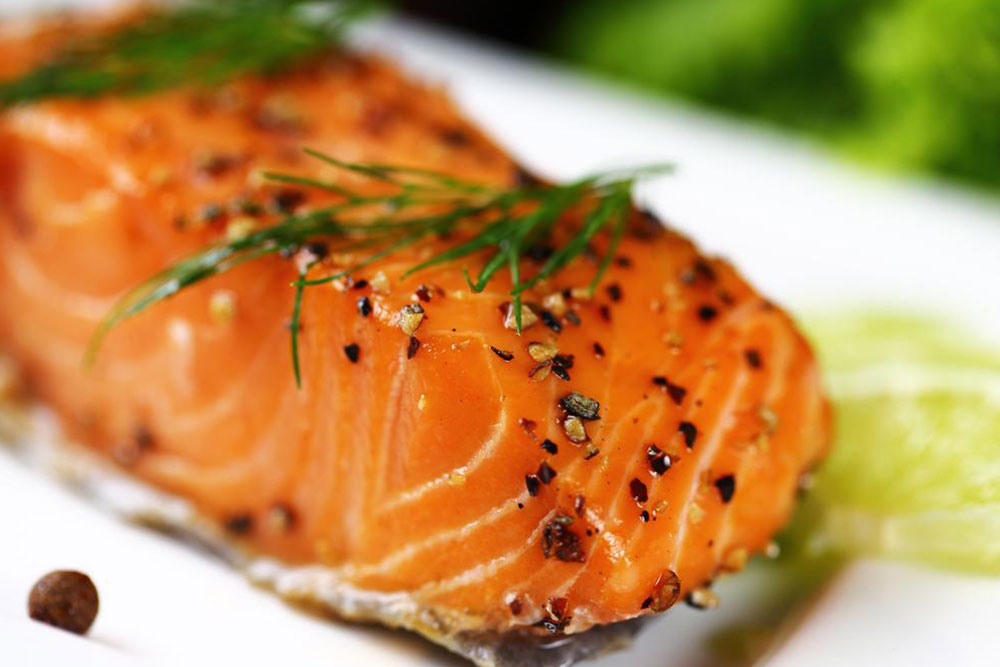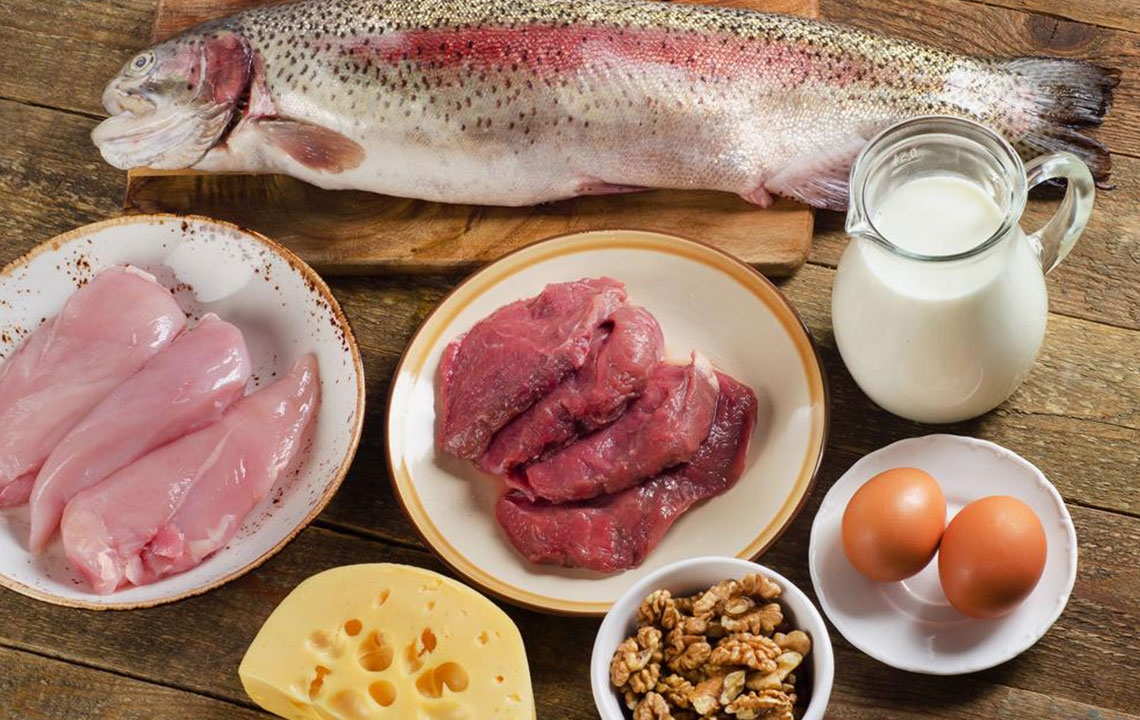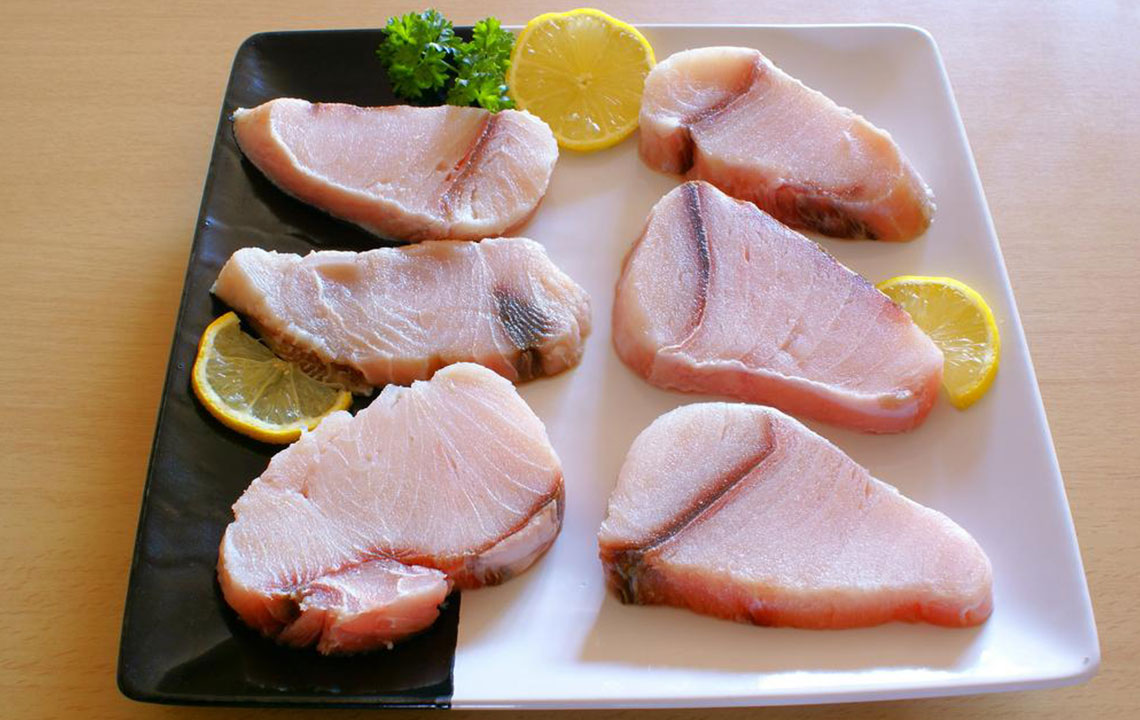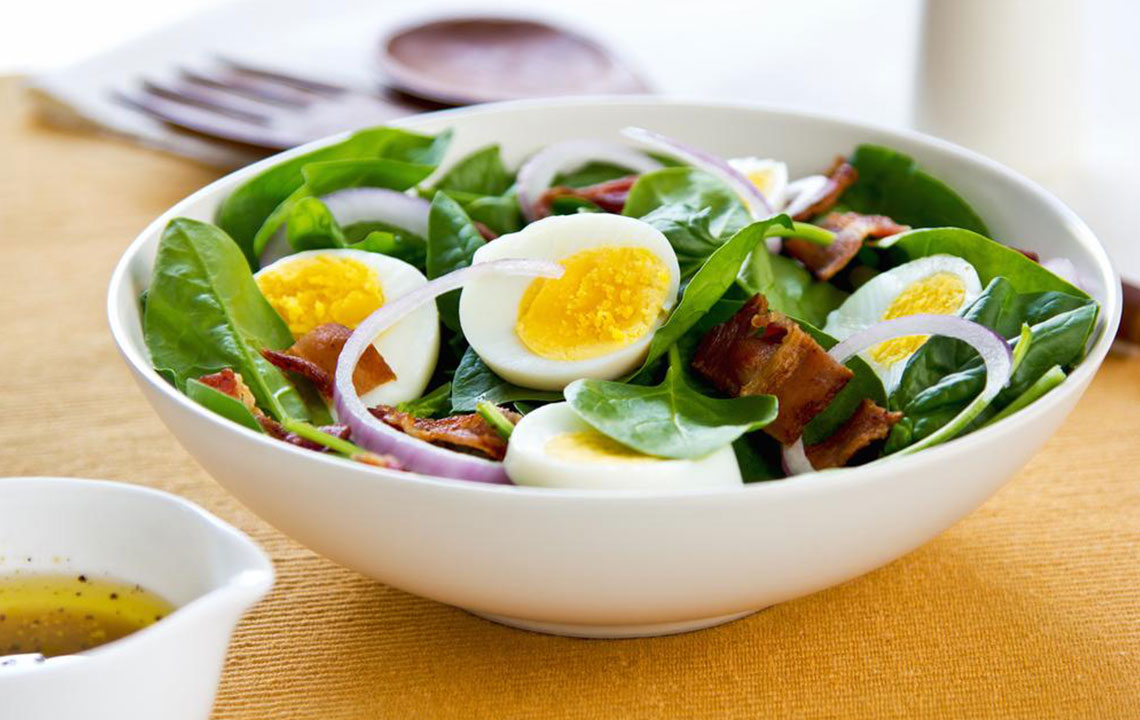Essential High-Protein Foods to Boost Your Daily Nutrition
Discover the top six high-protein foods that can help you optimize muscle growth, support immune health, and boost overall wellness. From lean meats to nutrient-packed vegetables, these foods are versatile, delicious, and essential for a balanced diet aimed at maintaining strength and vitality. Incorporate these foods into your daily meals to enjoy numerous health benefits and enhance your nutritional intake.

Essential High-Protein Foods to Boost Your Daily Nutrition
Maintaining an adequate intake of protein is fundamental for supporting muscle growth, enhancing overall body strength, and promoting various vital bodily functions. Protein is a macronutrient that plays an essential role in repairing tissues, supporting immune functions, and providing a sustained energy source. Incorporating a variety of protein-rich foods into your daily diet not only ensures you meet your nutritional needs but also adds flavor and diversity to your meals. Here, we explore some of the most effective and delicious high-protein foods that you can include in your everyday eating habits to optimize health and vitality.
Chicken Breast: The Versatile Protein Powerhouse
Chicken breast remains one of the most favored sources of high-quality protein globally due to its lean nature and versatility in culinary applications. With a high protein-to-fat ratio, chicken breast provides an excellent option for those aiming to build muscle, lose weight, or maintain a balanced diet. You can prepare it in numerous ways—roasted with herbs, grilled with spices, shredded into salads, or made into lean sandwiches. Its adaptability makes it easy to incorporate into breakfast, lunch, or dinner. Additionally, chicken breast is easy to cook, quick to prepare, and pairs well with vegetables, grains, and healthy fats, making it an indispensable component of a balanced high-protein diet.
Eggs: Nutrient-Dense and Rich in Complete Protein
Eggs are among the most economical and nutrient-packed foods available, renowned for their outstanding protein content and comprehensive nutrient profile. The egg white, in particular, offers a complete source of high-quality protein with minimal fat, ideal for those focusing on muscle recovery and growth. Whole eggs are also rich in vitamins, minerals, and antioxidants, contributing to overall health. Whether you prefer boiling, scrambling, poaching, or frying, eggs can be included in a variety of recipes or enjoyed on their own for breakfast, snacks, or addition to salads and sandwiches. Their versatility makes eggs a staple for anyone seeking to enhance their daily protein intake with simplicity and flavor.
Cottage Cheese: A Low-Fat, High-Protein Dairy Option
For those looking to increase their protein intake without consuming excessive fats or calories, cottage cheese stands out as an excellent choice. Rich in casein protein, cottage cheese digest slowly, providing a sustained release of amino acids, which is especially beneficial for muscle repair overnight. It is low in fat and calories, making it suitable for weight management and healthy living. Besides cottage cheese, other dairy products like Parmesan, mozzarella, and cheddar also contribute significant amounts of protein, but cottage cheese remains popular for its light profile and versatility. Enjoy it with fruits, mix it into smoothies, or add it to salads for a nutritious boost in your meals.
Broccoli: The Nutrient-Dense Superfood
Often celebrated as a superfood, broccoli is packed with essential nutrients, including a noteworthy amount of plant-based protein. Besides protein, broccoli is an excellent source of dietary fiber, potassium, vitamin C, and vitamin K—all vital for maintaining immune health, bone strength, and digestive health. It also contains compounds that have been researched for their cancer-fighting properties. Its versatility allows it to be enjoyed raw, steamed, sautéed, or made into hearty soups. Pairing broccoli with healthy fats like olive oil or adding it to stir-fries can enhance both flavor and nutritional value. Regular consumption of broccoli can significantly contribute to your overall protein intake while providing a broad spectrum of health benefits.
Lean Beef: A Rich Source of Complete Protein
Selecting lean cuts of beef is an effective way to incorporate high-quality protein into your diet while minimizing saturated fat intake. Lean beef provides all essential amino acids necessary for muscle synthesis, tissue repair, and overall bodily functions. Cooked properly—grilled, broiled, or roasted—lean beef can be part of numerous nutritious dishes, such as stews, salads, or grain bowls. Combining lean beef with fiber-rich foods like lentils or vegetables can create satisfying, nutrient-dense meals that support health, fitness, and weight management goals. Including moderate portions of lean beef in your weekly diet can help meet your protein requirements without compromising health.
Tuna: A Convenient and Flavorful Seafood Choice
Widely appreciated for its convenience, affordability, and flavor, tuna is a top marine source of protein that can easily fit into various meals. Whether canned or fresh, tuna can be enjoyed in sandwiches, salads, pasta dishes, or simply straight from the can seasoned with herbs and spices. Its rich omega-3 fatty acids, combined with high-quality protein, contribute to cardiovascular health and cognitive function. Tuna’s portability and quick preparation make it an ideal choice for busy lifestyles. Adding tuna to your diet regularly ensures you benefit from its high protein content, supporting muscle building, weight loss, or maintenance of a balanced high-protein diet.
Incorporating these six foods into your daily routine can tremendously boost your protein intake, contribute to overall wellness, and support your fitness goals. A balanced diet that emphasizes variety and moderation, combined with regular physical activity, will provide the best results. Whether you’re aiming to build muscle, lose weight, or simply lead a healthier life, prioritizing high-protein foods is an effective strategy to achieve those objectives and maintain long-term health benefits.





